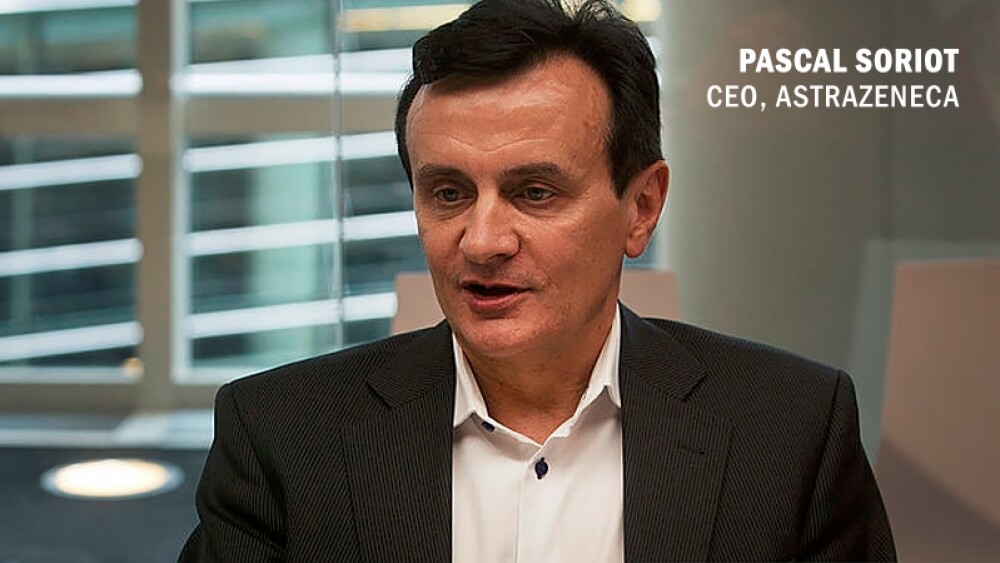July 28, 2016
By Mark Terry, BioSpace.com Breaking News Staff
The UK’s AstraZeneca released disappointing second-quarter financials, while refusing to comment on a potential acquisition bid by Switzerland-based Novartis .
AstraZeneca reported a total revenue decrease of 3 percent, primarily caused by a 2 percent drop in product sales driven by patent expirations, especially Crestor in the U.S. Reported and Core research-and-development costs grew by 6 percent and 9 percent, respectively. Reported earnings per share (EPS) crashed a staggering 45 percent, with core EPS dropping 20 percent. Total revenue for the six-month period were $11.72 billion, with second quarter total revenue reported of $5.6 billion.
“Our performance in the first half was in line with expectations, reflecting the anticipated near-term patent expiry challenges and the phasing of Externalization Revenue in 2016,” said Pascal Soriot, AstraZeneca’s chief executive officer, in a statement. “Our Growth Platforms continued to advance and made up over 60 percent of Total Revenue. Importantly, our transformed pipeline is advancing quickly and delivering a rich flow of differentiated medicines, boding well for our return to growth.”
Part of the company’s net loss of $3 billion is a $308 million restructuring charge associated with a recent decrease in the company’s sales force, aimed for 2018. That’s projected to cost $1.5 billion and result in $1.1 billion in net savings from 2018 going forward.
As reported by The Wall Street Journal, “AstraZeneca is relying on a string of new medicines to return the company to growth and fulfill Chief Executive Pascal Soriot’s pledge to increase sales to $45 billion by 2023, compared with $26 billion in 2015. That goal was a key plank in his defense against an unwelcome and ultimately unsuccessful takeover bid by Pfizer Inc. in 2014.”
Now there are rumors that the company is a takeover target for Novartis. AstraZeneca’s market value is approximately $78 billion. Novartis’ market value is approximately $217 billion. The appeal, aside from a lower price tag, is AstraZeneca’s immuno-oncology pipeline.
Soriot told Reuters, “We never comment on speculation or rumors or theories. A number of people will have those assumptions but we do not comment on those.”
If Novartis actually is in the market, one unknown factor is the UK government. There was significant opposition on the part of the British government to the Pfizer bid, and with the Brexit referendum and a new Prime Minister, Theresa May, there are even more potential complications. May has indicated that she wants Britain to create a new industrial strategy, and part of that strategy could be “defending important UK sectors such as pharmaceuticals.”
Although as reported yesterday, Brexit doesn’t seem to have had much effect yet on UK competitor GlaxoSmithKline , which announced it was investing $360 million in three UK-based manufacturing facilities. The appeal, apparently, is a skilled workforce, relatively low tax rates, and various incentives for investing in research.
Those could be incentives for Novartis as well.
AstraZeneca is currently trading at $32.54.
Novartis is currently trading at $82.46.





